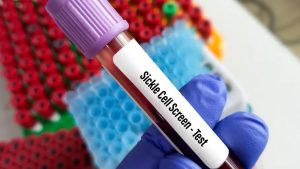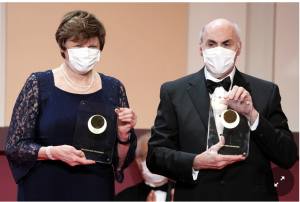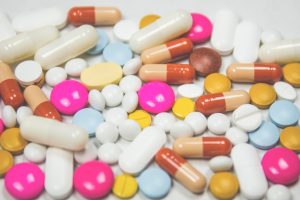Scientists in India have shown a new way to deliver arthritis medicine sulfapyridine in a new system where it will reduce the side effect of the drug.
Sulfapyradine is the third oldest medicine to treat rheumatoid arthritis, an autoimmune inflammatory joint disease, researchers at Lovely Professional University (LPU) told PTI.
However, long term use of the drug can cause side effects, including nausea or vomiting, rashes, dizziness, anxiety and abdominal pain, the researchers said.
“As the molecule has side effect due to its higher dose, we developed a formulation that can be delivered directly to the site of action and thus is safe,” said Bhupinder Kapoor, associate professor, School of Pharmaceutical Sciences.
The study, which was published in their peer-reviewed journal ‘Materials Science and Engineering C’, the researchers reported developing a prodrug of sulfapyridine and then incorporated it into an innovative delivery system.
The prodrug exhibited better retention in liposomes, as compared to the drug, thus reducing the symptoms of inflammation.
Liposomes are spherical vesicles having at least one lipid bilayer which are used as a vehicle for administration of pharmaceutical drugs.
The prodrug treatment is administered by injecting the affected area of the patient, and not through oral consumption, according to the researchers.
This means that the medication only remains in the affected area, without spreading to the rest of the body, they said.
The research team, including Kapoor, Monica Gulati and Sachin K. Singh from LPU, successfully conducted the pre-clinical trials as well as the testing of the drug delivery mechanism.
“We conducted a study to understand the efficacy of sulfapyridine-derived liposomes. In arthritic rats, prodrug liposomes were found to reverse the symptoms of inflammation, including the levels of biochemical markers,” Kapoor explained.
“Therefore, liposomes of bio-responsive prodrugs offer a revolutionary approach in the treatment of rheumatoid arthritis,” he said.
The study was carried in collaboration with researchers at Fortis Hospital, Ludhiana & JSS College of Pharmacy, Ooty, Tamil Nadu.






